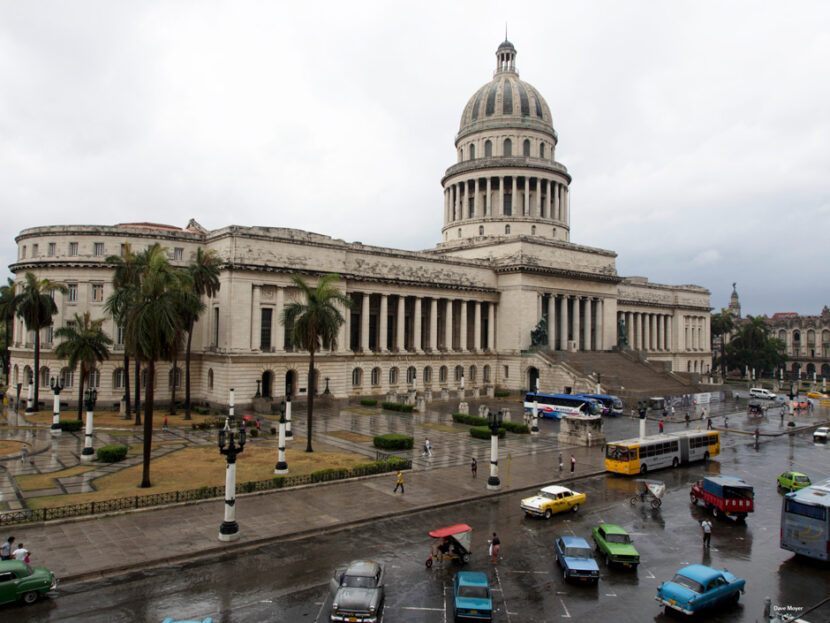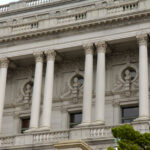Cuba’s New President
It seems impossible to think of Cuba without thinking of the Castro family. But last Thursday, for the first time in nearly 60 years, the country elected a leader who is not a Castro: 57-year-old Miguel Mario Diaz-Canel Bermudez. Here, Election Central takes a look at the new Cuban president and how it might affect the relationship between Cuba and the United States.
Who is Diaz-Canel?
Diaz-Canel’s election is seen in many ways as the “passing of the torch” to the new generation. (He is nearly 30 years younger than the outgoing president, Raul Castro.) He represents an age group of people who were not alive yet when Cuba’s Communist Revolution took place. When he was young, Diaz-Canel had long hair and enjoyed listening to rock music. He even supported an LGBT-friendly cultural center. In later years, however, he became a longtime Communist Party supporter. As a provincial leader and then first vice president, he was the right-hand man to the Castros, and a natural choice for their successor.
While many Cubans are hoping that a new, younger leader will signal big changes, especially in the economy, political analysts remain doubtful. Diaz-Canal has made comments lately that indicate that he’s against many progressive changes, taking a hard line on things like Internet access and bloggers. They say that even though he’s young, it’s unlikely that Diaz-Canal will be very different in practice from the old regime.
The “Election” That Wasn’t
Diaz-Canel’s election was missing many features of democratic elections. For example, he was the only candidate put forward by the only political party (the Communist Party). He also was not elected by the people of the country. Rather, he received the votes of 603 out of 604 Cuban lawmakers.
Raul Castro, 86, who has led Cuba since 2008 when his brother Fidel Castro stepped down, will still be a powerful figure in the government. He will remain as head of the military and of the Communist Party until 2021, when Diaz-Canel will take over those roles as well.
What it Means for the U.S.
For many decades, the U.S. and Cuba experienced an extremely tense relationship. Roughly 57 years ago was the failed Bay of Pigs invasion, in which the CIA backed an operation to unsuccessfully oust then-leader Fidel Castro, which brought tensions between the countries to a head. Decades later, under President Obama, relations improved a bit between the two neighbor nations. In fact, in 2015, diplomatic relations were re-established, and Obama even traveled to Cuba as a guest of the state. But since Trump took office in 2017, relations have deteriorated once again. Many Cubans are angry about this. Trump’s hard stance against Cuba means that the island’s tourism has really dropped off, which drastically affects their economy.
As for the United States, how relations continue from this point depends largely on Trump. Whether he welcomes the new president and sees this as an opportunity for change, or whether he continues to draw a hard line with Cuba, will likely affect U.S.-Cuban relations for years to come.



